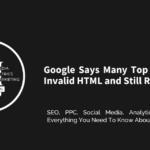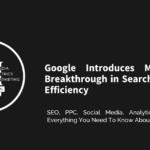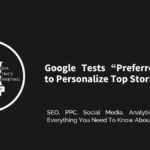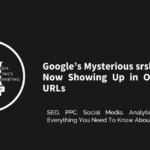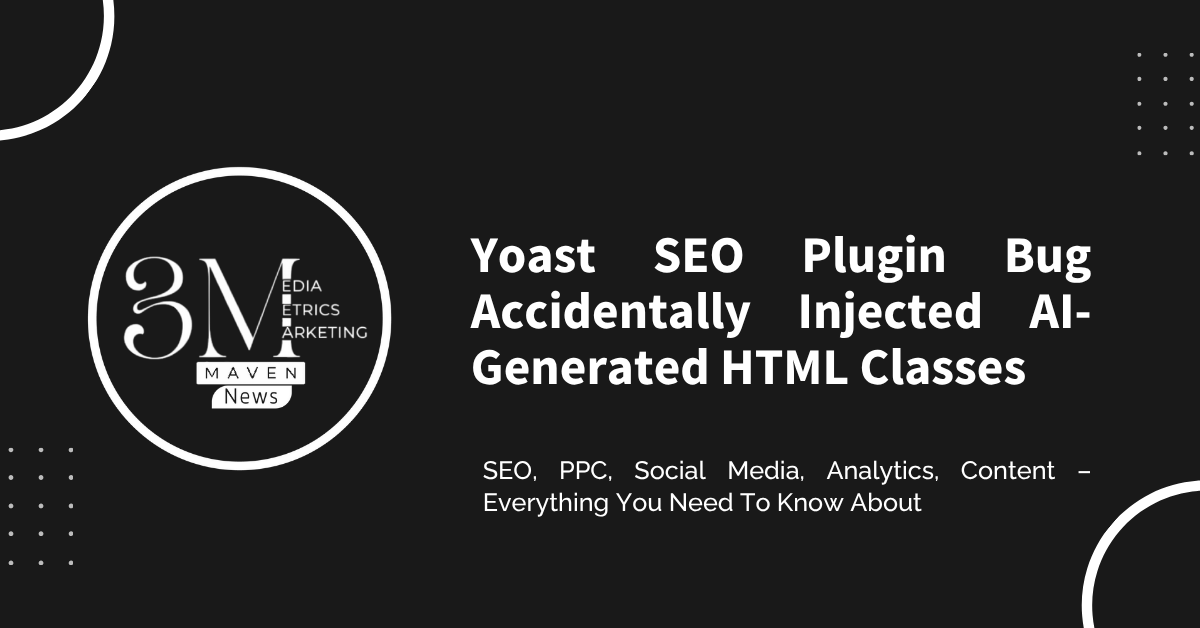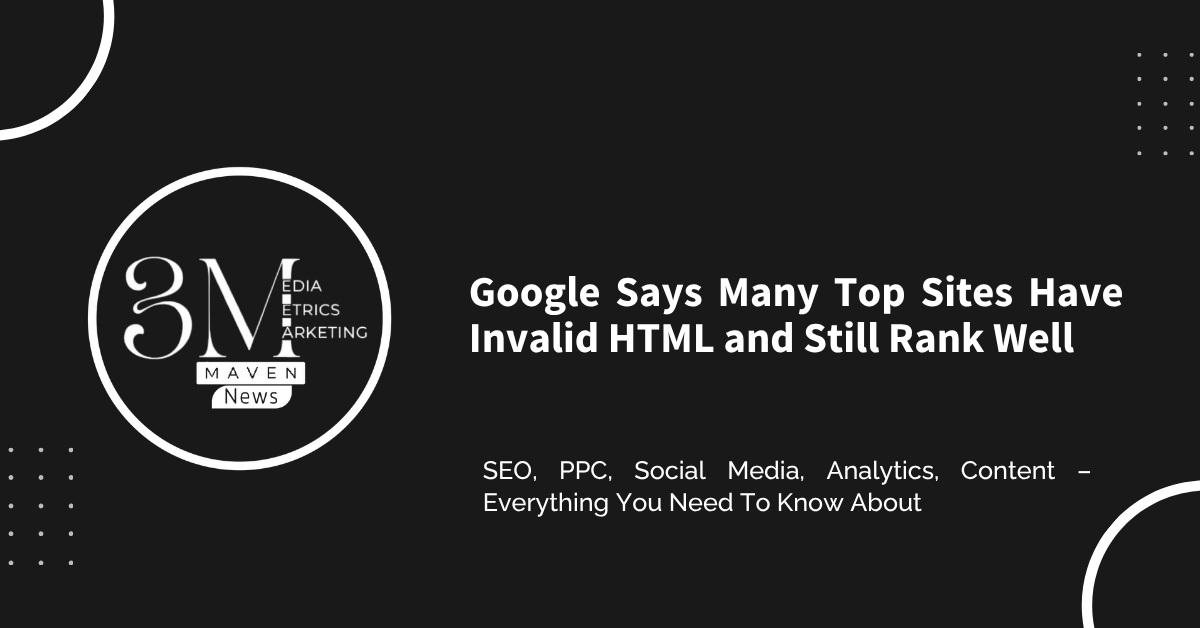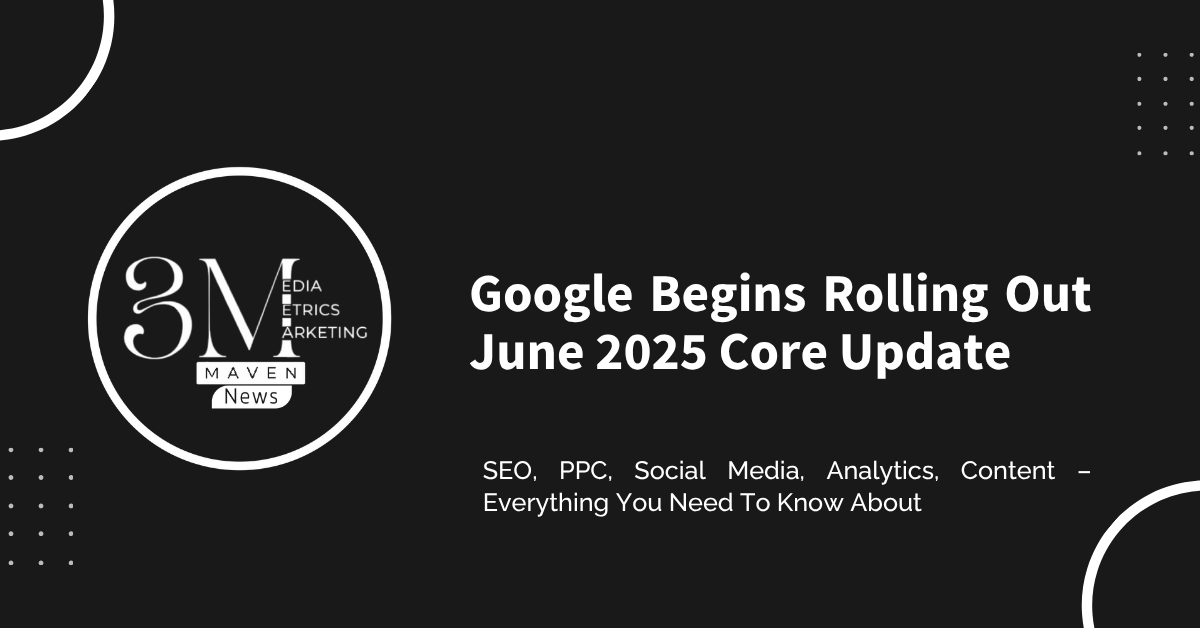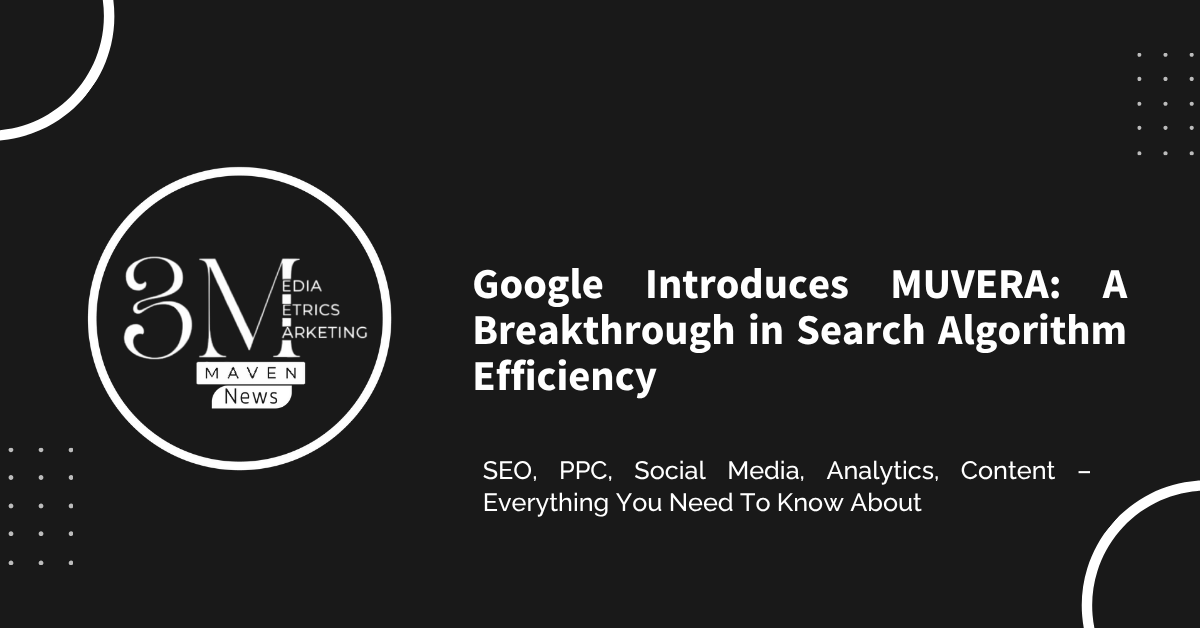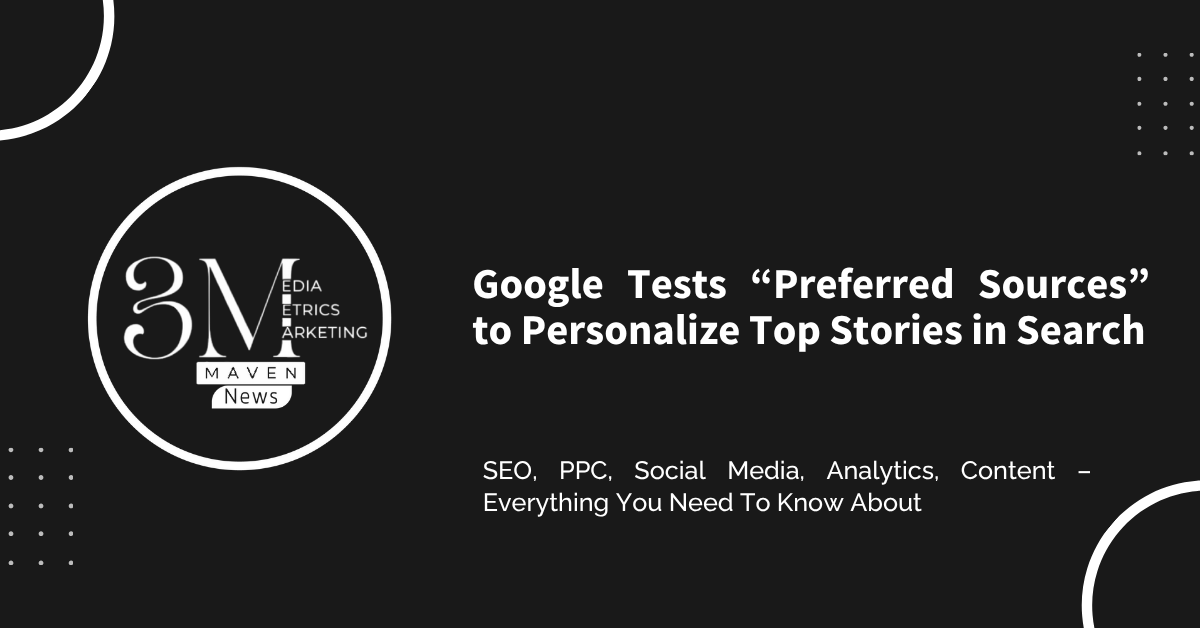Yoast has rolled out an urgent fix for a bug in its premium WordPress plugin that inadvertently added hidden HTML classes—commonly associated with AI-generated content—to website text. The issue was discovered and shared online by SEO expert Alan Bleiweiss, prompting Yoast to respond swiftly with a patch.
How the Bug Was Introduced
The problem stemmed from the Yoast AI Optimize feature available only in the premium version of the plugin. This tool helps users generate and optimize content using artificial intelligence. However, due to a technical oversight, it injected invisible HTML attributes called data-start and data-end into the content.
These attributes are typically seen when copying and pasting text directly from AI tools like ChatGPT into a WordPress editor. They act as markers within the HTML code but do not appear on the visible webpage. While harmless in terms of functionality or appearance, they can serve as a digital fingerprint that reveals whether content was generated by AI.
SEO professionals have been using such patterns during audits to detect AI-written content, making this bug potentially problematic for transparency and trust.
Yoast Responds Quickly with Update 25.3.1
Upon learning of the issue, Yoast moved quickly to resolve it. The company released plugin version 25.3.1 , which removes the unwanted HTML classes from AI-generated content. Affected users will see these changes applied automatically—no manual cleanup is required.
In a statement, Yoast acknowledged the mistake:
“We take this seriously, and to maintain the quality you expect, we’ve been actively working on a solution. We’re pleased to share that a fix has now been released, and the issue has been resolved.”
This update also brought minor improvements to the free version of the plugin, ensuring compatibility and consistency across both editions.
Could This Have Affected Search Rankings?
While there’s no evidence that Google penalized sites for including these HTML markers, the possibility remains uncertain. Since the data-start and data-end tags were only visible in the page’s source code and didn’t affect content quality or readability, any impact on rankings is likely minimal—if any.
Still, Yoast users are strongly encouraged to update to the latest version to avoid potential scrutiny or misinterpretation of their content origins.
A History of Buggy Updates
This isn’t the first time Yoast has faced issues following a plugin update:
- In March 2022 , an update created duplicate XML sitemaps.
- In March 2018 , a bug caused the creation of thousands of thin, auto-generated pages linked to media uploads—going unnoticed for three months.
Given this track record, critics argue that more rigorous pre-release testing could have prevented the latest bug. Especially when introducing features tied to AI-generated content—a space under increasing scrutiny—developers should ensure that both output and underlying HTML remain clean and user-intended.
Final Thoughts
While the bug was relatively minor and quickly addressed, it highlights the growing complexity of integrating AI tools into content workflows. Plugins like Yoast SEO must balance innovation with precision to avoid unintended consequences.
If you’re using the premium version of Yoast SEO, be sure to update to version 25.3.1 immediately. Users of the free version should also update, even though they weren’t directly affected by the issue.
